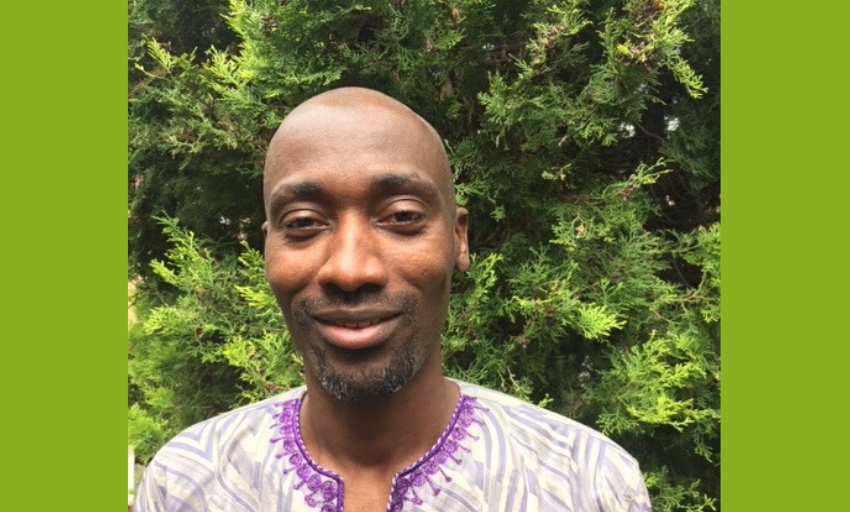Improving Access to Education Data: can African Scholars do more?
Samuel Asare is an education researcher interested in undergraduates' learning experiences. He is currently a researcher for ESSA and the REAL Centre (at the University of Cambridge) on our joint project: the African Education Research Database database.
This blog is part of the #Data4Education series.

Access to data is considered key in the drive to improving low learning outcomes across Africa. Data can help governments to identify struggling schools and communities, and where investment is likely to have the most impact.
In the research community, having access to data reduces the financial cost and time for doing research. This can speed up the process of generating high quality evidence that is needed to address the challenges facing education delivery in the region. Sharing of data has never been more urgent amid the COVID-19 pandemic, which has heightened safety concerns and reduced opportunities to collect fresh data. This has increased the call on data custodians to increase public access to this data.
The call to share data has mainly been directed at governments and research funders. For example, a stakeholder workshop on public health held in South Africa recommended that “national governments and donors should release all non-confidential, publishable data, including metadata, free of charge in an online format that can be analysed” (Sharing Research Data to Improve Public Health in Africa). This is a good call because the challenge with data access needs a collective approach.
Education scholars are best placed to drive the process of making data open. They work with funders and governments on research projects so can advocate for open access where these decision makers think otherwise. The bulk of education research in sub-Saharan Africa is not funded, only 15% of publications reported source of funding (African Education Research Database Report). This suggests that researchers and their institutions control whether data is made public or not.
It is difficult to accept that education data is not available. There is a wealth of research being conducted by researchers and graduate students in higher education and other research institutions across sub-Saharan Africa.
Why then is education data so scare? Well, there are genuine reasons such as ensuring the identities of data providers (e.g., research participants) are not revealed, as well as mining the data for publications to enhance career progression and institutional image.
In spite of these and other good reasons for shielding data, I agree with the point made by Lucy Heady, CEO of ESSA, that we could make data sharing happen if we cared enough. There are many examples of ‘caring’ institutions such as the Open Africa and the UK Data Archive which have developed systems of access and governance to serve their audiences.
We should continue the conversations to build trust among researchers and institutions to facilitate data sharing in the region. Faculties or colleges of education in respective universities could share data from graduate students and academics’ research. If nurtured, this could develop to include more institutions within a country and beyond.
With time, scholars across Africa would have enough quality data to better understand the challenges and potential solutions to achieving quality education for all.